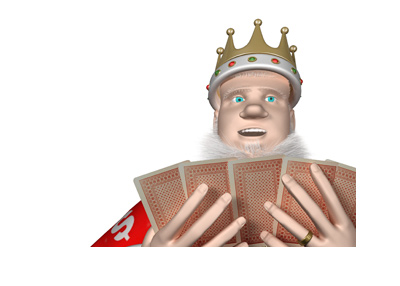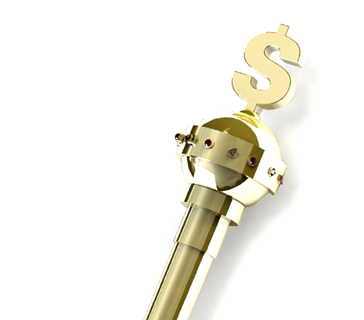$20 Million on the Line as Phil Ivey Battles Casinos
Q: What is Edge Sorting and Did Phil Ivey Cheat?
A: Edge sorting - legitimate edge over a casino or cheating?
This is the question that numerous judges in both the United Kingdom and United States have been trying to answer over the past number of years.
Let's rewind to the beginning. In 2012, Phil Ivey and an associate of his walked into Crockfords Casino in the UK and won roughly $10 million USD while playing Punto Banco. Instead of immediately paying Ivey out, the casino conducted an investigation, as they felt as though something was fishy with the win. In the end, Crockfords returned Ivey's stake but refused to pay out his winnings after alleging that Ivey had used "edge sorting" to gain an advantage over the casino.
 What is edge sorting?
What is edge sorting?Some cards that are produced have unexpected irregularities due to being improperly cut by the manufacturer. This creates an asymmetrical pattern on the back, while properly cut cards will have a symmetrical pattern.
Certain cards in Punto Banco are very important (6,7,8 and 9). Ivey and his associate would ask that certain cards be turned 180 degrees and placed back into the deck. By doing this, Ivey and his associate would know if a card was a 6,7,8 or 9 without it having to be turned over, due to the asymmetrical pattern on the backs of the improperly cut cards (properly cut cards would give no such advantage).
This allowed Ivey and his associate to gain an advantage over the casino.
After Crockfords refused to pay out Ivey his winnings, the Borgata casino in the United States caught wind of the story. They came to the conclusion that Ivey had used edge sorting to win $9.6 million from them, and they subsequently launched a lawsuit to earn the return of their money.
-
The question - is edge sorting cheating?
Some would argue that Ivey improperly gained an edge over the casino using shady means and that he is not entitled to his roughly $20 million in payouts.
Others argue that Ivey was simply playing the cards that were dealt to him and that it was on the casino and card manufacturer to ensure that their cards were properly cut. After all, people argue, casinos are always trying to gain bigger edges on their customers (free alcohol, etc), so why shouldn't a customer be allowed to press his edge?
-
Up until this point, the courts have mostly agreed with the casinos, as Ivey still hasn't had a positive ruling in either case.
Crockfords vs Ivey is going to the highest court in the United Kingdom, where the situation will be settled once and for all.
The poker community, which is always looking for an exploitable edge, is largely behind Ivey in his case.
Back to Answers

